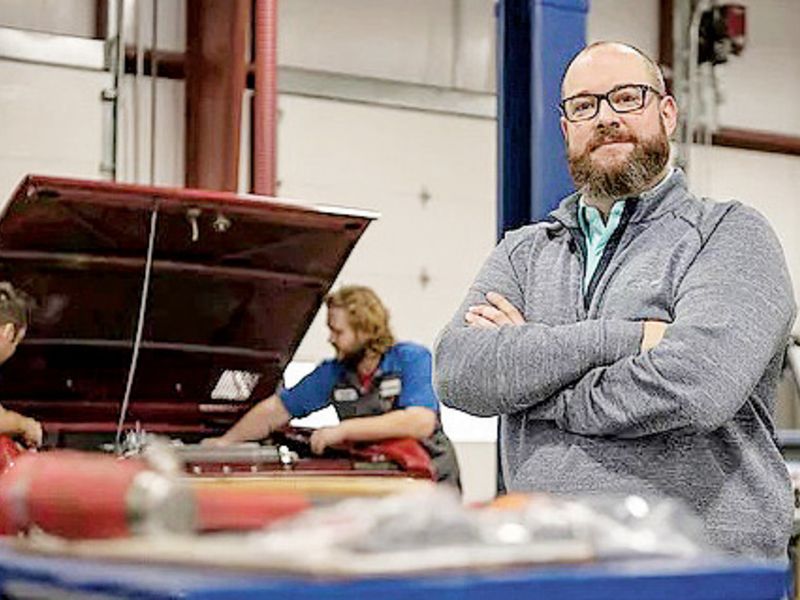
One element of the Quantum5 training program is to make service advisers advocates for their customers, a term likely to raise eyebrows at some dealerships because it sounds like giving money away.
But to Joel Tanner, the fixed operations director at Donley Automotive Group, it means building a customer relationship based on trust. As a result, when customers call a dealership for service, they will ask for someone by name.
“Everybody wants a car guy or car girl they can call and say, ‘Hey, I need brakes,’ or ‘It’s time for a new [vehicle],’ and they want one point of contact,” Tanner says. “We want our advisers and our sales team members to be that [person] and build a long-term relationship. Not only do they know my name, but they find value in me.”
The Donley group, which has four Ford stores in central Ohio, put service advisers through the Quantum5 in-person training in early March.
Tanner spoke with Fixed Ops Journal two weeks after the in-person training, too soon to provide any quantifiable repair order results. But his service advisers say the training has helped them recognize their own social style and how they can use it with customers.
“I think the most important part of communicating is, if you understand how you behave and how you approach things, then you’re going to be in a situation when you start to read social cues from other people and how they behave,” he says. “You attack the scenario based on the cues you receive.”
At Germain Toyota in Naples, Fla., General Manager Brian Kramer transformed the sales side of the dealership to a paperless digital operation last fall, and he has a similar vision for the service department.
Paperless, though, doesn’t eliminate the need to develop relationships with customers, Kramer says, so his sales staff received Quantum5 training earlier this year and service advisers will get it in the second quarter.
Instead of memorizing word tracks and scripts, Kramer wants advisers to recognize their customers’ social styles and needs. That approach in sales has boosted customer retention and CSI, he says.
“It’s identifying the type of person [the customer is], communicating with them and treating them the way they want to be treated,” he says.
Kramer says the steady change to digital operations means a lot of dealerships may have taken their eye off the ball when it comes to customer relationships.
“We lost touch with talking to humans and the importance of it,” he says. “It’s actually more important the more digital you become.”